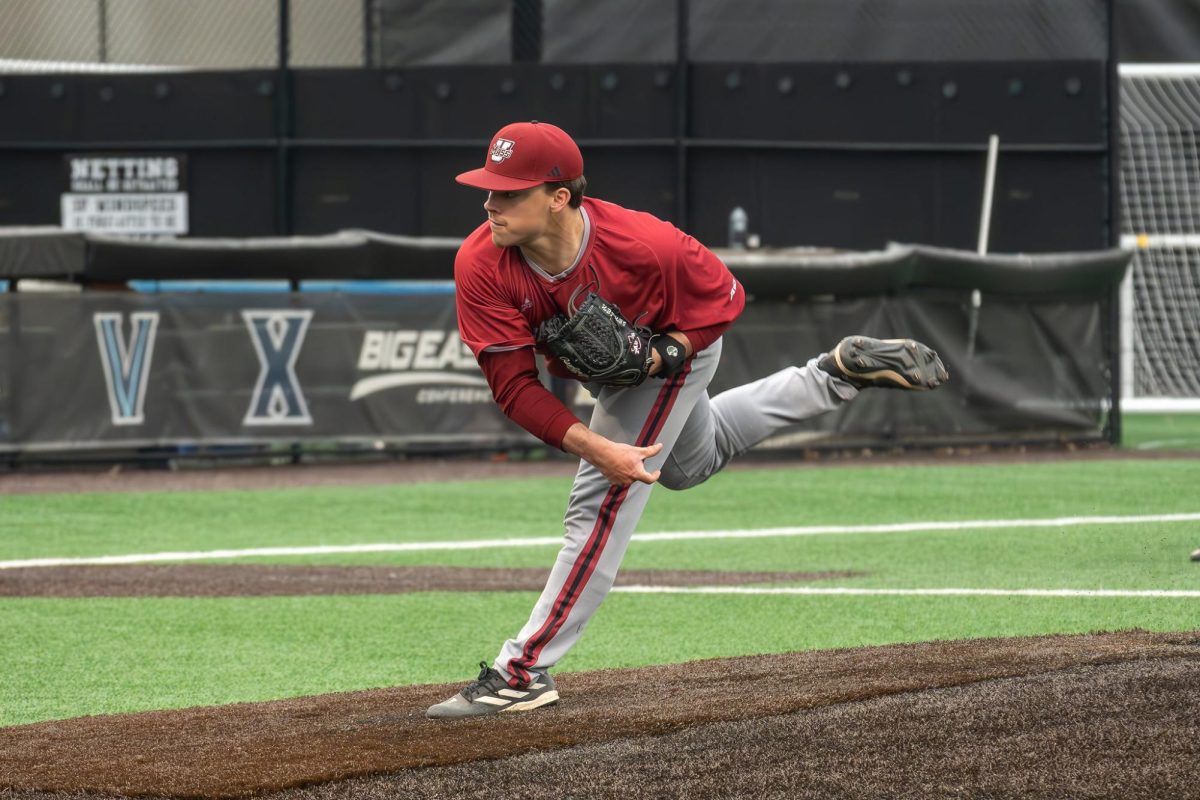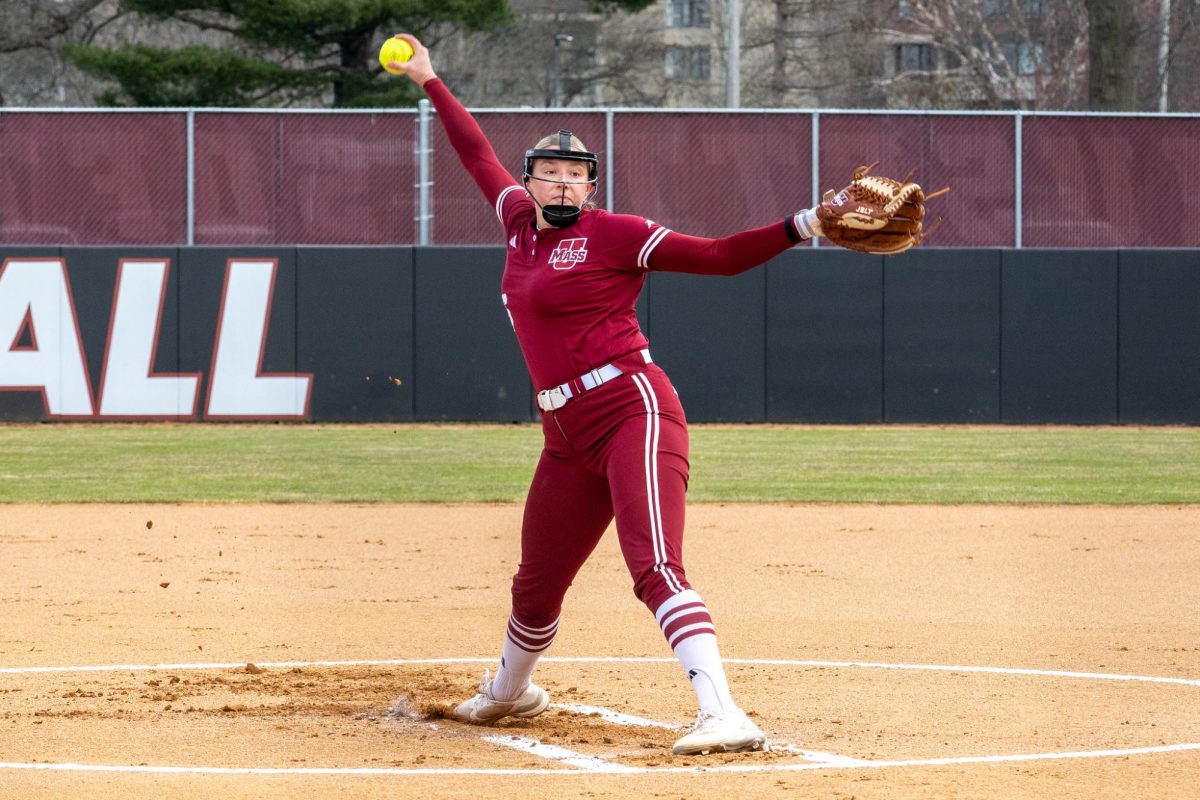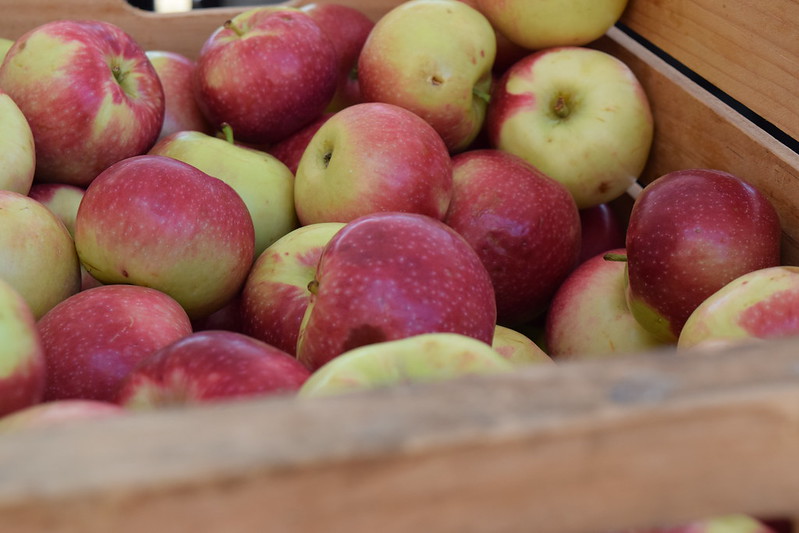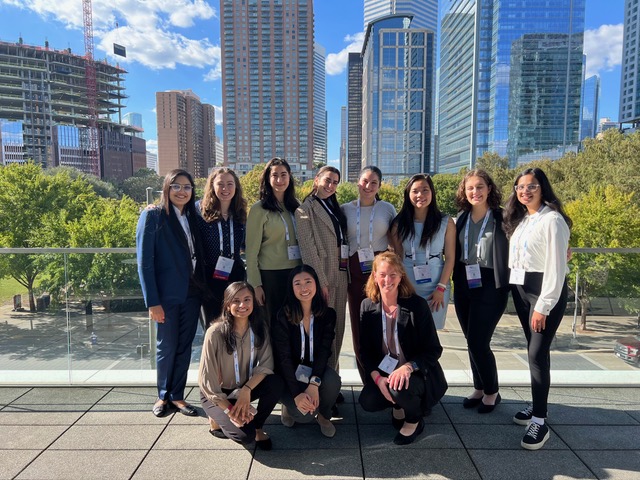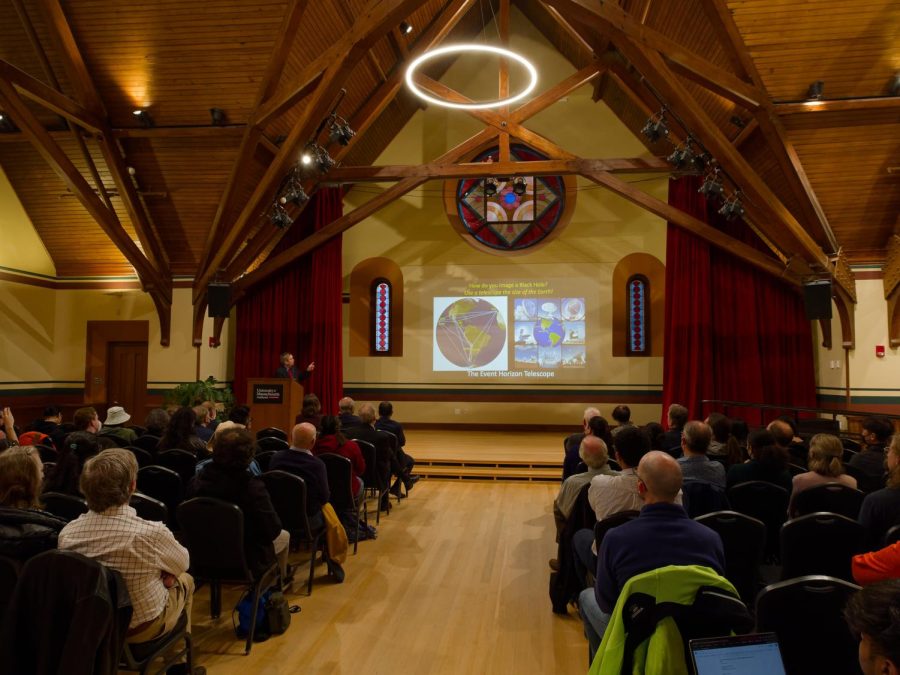
Though New England’s drought continues, the town of Amherst is not likely to run out of water anytime soon, according to David Boutt, associate professor of geosciences at the University of Massachusetts.
Boutt said that the height of the water deficit lasted from late winter through summer this year, peaking during the growing season. Water shortages become especially apparent at this time as farmers attend to crops and there is less water available for streams and groundwater supplies.
In terms of water supply, the current shortage is “nowhere near” as dire as it was during the droughts of the 1960s and 1980s, Boutt said.
In 1980, UMass closed during the fall semester in response to an extreme drought in Amherst, but Boutt doubts that the current drought will require campus to shut down. He explained that the ‘80s drought was longer than anticipated, and that the three wells that were available to pump groundwater could not support the large student population after a long, dry summer.
“They didn’t have enough straws in the water supply,” he explained.
Today, Amherst has five wells with access to the groundwater supply. Boutt believes that, although Amherst’s population has grown, these additional wells will prevent a situation where the town runs out of water.
“Barring any catastrophic malfunction, I don’t think it will,” he said.
But Boutt also stressed that droughts are multiyear events, and it takes time for the water system to respond to changes in the weather. The drought as we experience it now actually dates back to 2013. Even if it were to end today, it would take a year for the water system to return to its normal condition, he said.
Sporadic rainy days have little effect on the water supply, Boutt explained, because rainfall is immediately taken up by the parched soil and vegetation. Boutt said that most of the drought’s impact has been felt by farmers.
Masoud Hashemi, extension professor at the Stockbridge School of Agriculture, said that the drought’s impact depends upon the type of crop that farmers grow.
He explained that crops are divided in two categories: vegetable and agronomic. Vegetable crops include tomatoes, squash, and sweet corn. Agronomic crops include soybeans, wheat, and corn silage and are grown on a larger scale. Vegetable crops were less impacted by the drought this year than agronomic crops, Hashemi said.
Farmers traditionally grow vegetable crops using drip irrigation systems. The drought required farmers to irrigate more frequently this year, which increased their water and labor expenses. Growing vegetable crops was costlier for farmers this season, but the drought did not affect the production and yield of these crops.
However, “the drought had a significant negative impact on the quality and quantity of agronomic crops including corn, hay fields, and pastures,” Hashemi said in an email. He explained that since agronomic crops are not irrigated, they are more severely affected by lack of rainfall. According to Hashemi, corn silage production was down 30-40 percent this year, and pastures and hay fields did not regrow as quickly as usual throughout this season.
Hashemi said that UMass is advocating for the use of sustainable farming methods in response to the drought, such as no-till farming systems, which conserve water in the soil. Hashemi believes that these practices aim to “enhance resiliency” in the face of climate change and future droughts.
Hannah Depin can be reached at [email protected].



